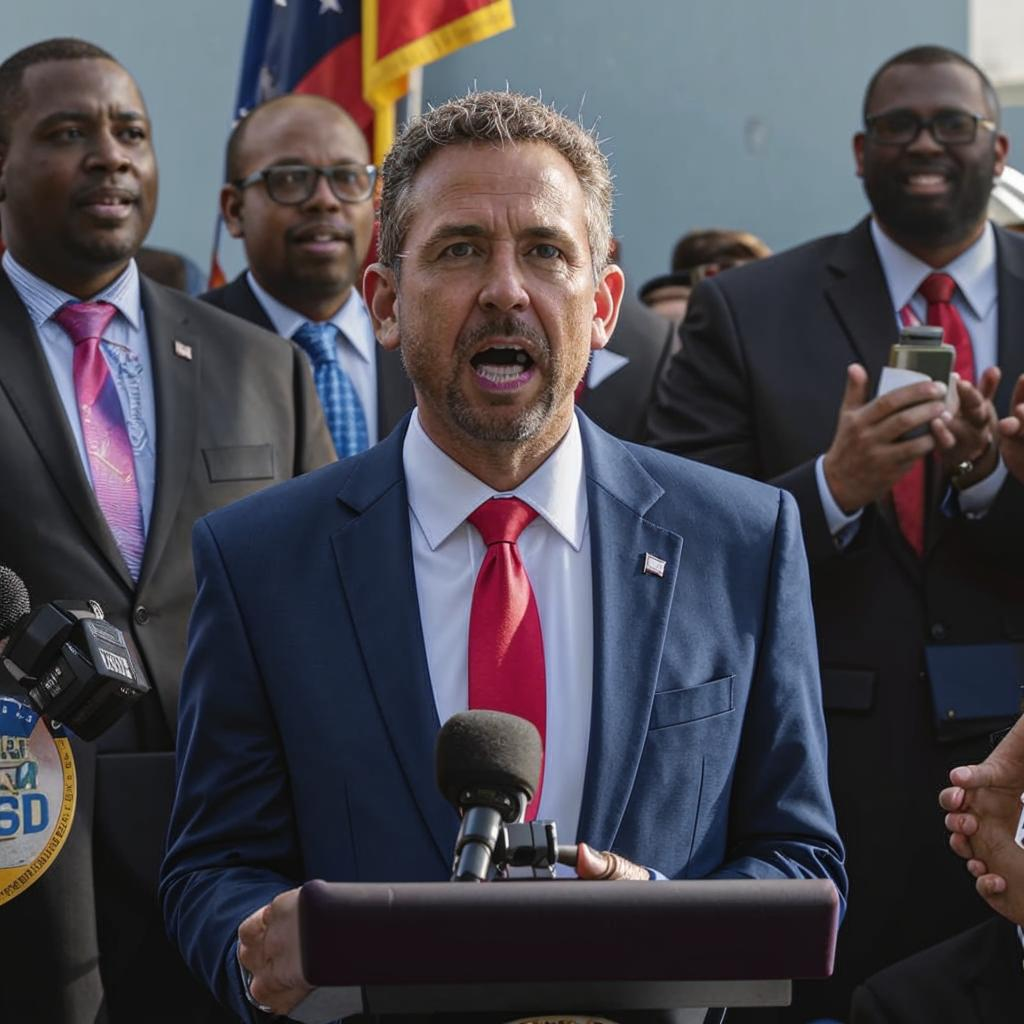America faces a mounting mental health crisis among its youth. Alarming statistics reveal a significant rise in anxiety, depression, and suicidal thoughts among adolescents and young adults. This surge necessitates urgent attention and comprehensive solutions.
Several factors contribute to this concerning trend. The pervasive influence of social media, with its curated realities and relentless comparisons, fuels feelings of inadequacy and anxiety. Academic pressures, coupled with societal expectations, create immense stress on young minds. The COVID-19 pandemic exacerbated existing vulnerabilities, disrupting routines, isolating individuals, and generating widespread uncertainty.
Furthermore, access to mental healthcare remains a significant barrier for many young people. Limited resources, long wait times, and the stigma associated with seeking help prevent individuals from receiving the support they need.
Addressing this crisis requires a multi-pronged approach. Increased funding for mental health services is crucial, ensuring that resources are readily available and accessible to all. Early intervention programs in schools and communities can help identify and support vulnerable youth before their struggles escalate. Efforts to reduce the stigma surrounding mental health treatment are essential, encouraging open conversations and promoting a culture of acceptance and support.
Parents, educators, and policymakers must work collaboratively to create a supportive environment where young people feel safe, valued, and empowered to seek help when needed. Investing in the mental well-being of our youth is not just a moral imperative but also a crucial investment in the future of our nation. Failure to act decisively will have devastating consequences for individuals, families, and society as a whole. We must prioritize the mental health of our youth and ensure that they have the resources and support they need to thrive.











